Tags
artists' books, book artists, exhibition, fine press, hand-lettering, J. Willard Marriott Library, letterpress, miniature, papermaking, personal computer, Peter & Donna Thomas, printing, Rare Books Department, Santa Cruz, Song of the Open Road, technology, The University of Utah, travelers, Walt Whitman, Wandering Book Artists
TRAVELERS
~~~~~~~~~~
IN CELEBRATION OF PETER AND DONNA THOMAS
~~~~~~~~~~
FORTY YEARS OF BOOKS TO GO
Peter and Donna Thomas are book artists from Santa Cruz, CA. They work collaboratively and individually letterpress printing, hand-lettering and illustrating texts, making paper, and hand binding both fine press and artists’ books. Inspired by a quest for beauty and perfection, and by the potential of word, image, shape and texture to create an illuminating experience, their initial aim was to create limited edition fine press books made of the finest materials and produced to the highest standards of quality, in both full size and miniature format. This aesthetic continues to guide them as they work in new formats made possible by personal computer technology, exploring non-traditional book structures and shaped book objects as both limited editions and one-of-a-kind books. They travel the USA as the “Wandering Book Artists” giving talks, workshops and demonstrations to both academic and community-based audiences.
~~~~~~~~~~~~~~~~
Let the paper remain on the desk unwritten, and the book on the shelf unopen’d!
Let the tools remain in the workshop! let the money remain unearn’d!
Let the school stand! mind not the cry of the teacher!
Let the preacher preach in his pulpit! let the lawyer plead in the court, and the judge expound the law.
Camerado, I give you my hand!
I give you my love more precious than money,
I give you myself before preaching or law;
Will you give me yourself? will you come travel with me?
Shall we stick by each other as long as we live?
— Walt Whitman, Song of the Open Road
~~~~~~~~~~~~~~~~~~~~~
From the Rare Books Department
May 24 through September 1, 2018
Level 1 lobby, J. Willard Marriott Library, The University of Utah
Gallery talk
Thursday, June 21, 5:30pm
Level 1
Cosponsored by the Book Arts Program

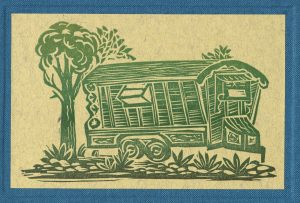

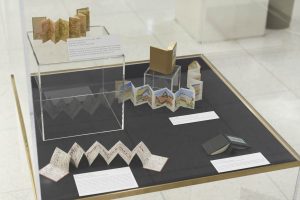
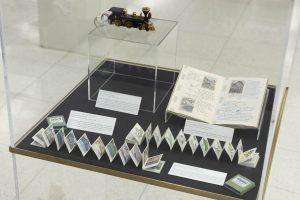
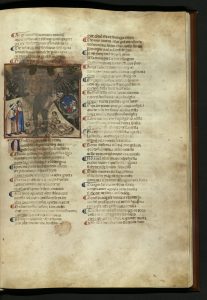
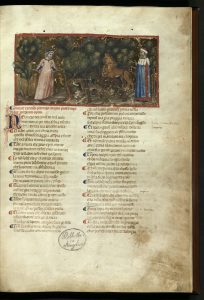
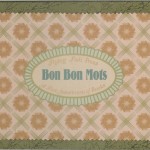
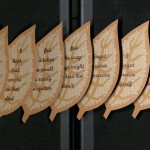
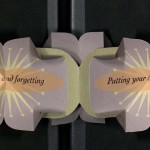

You must be logged in to post a comment.